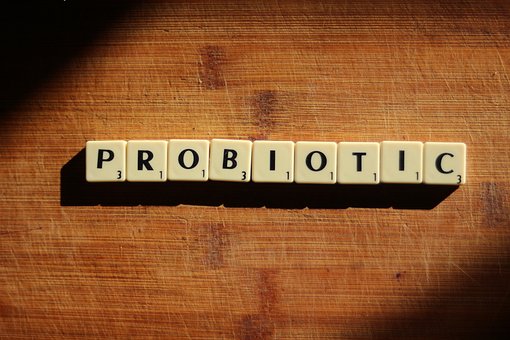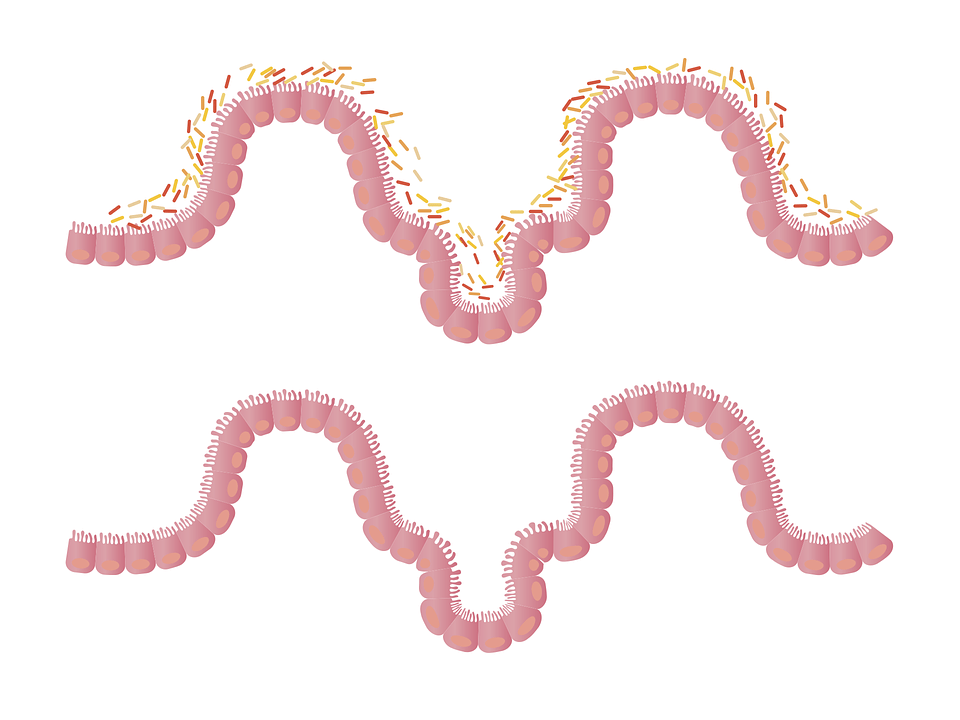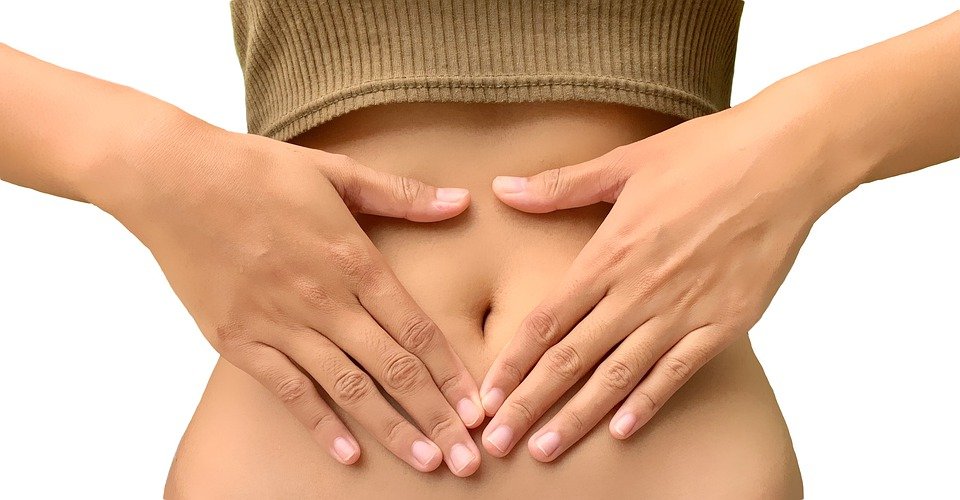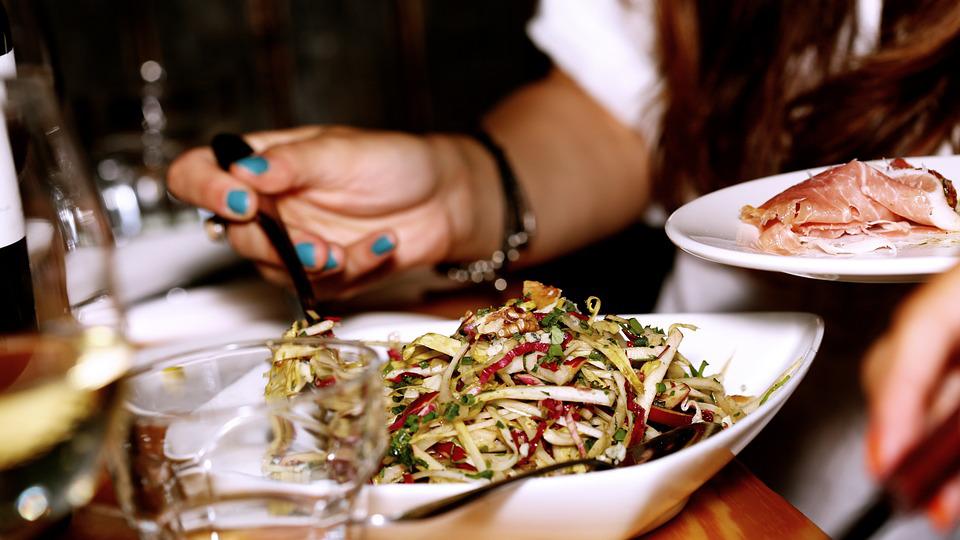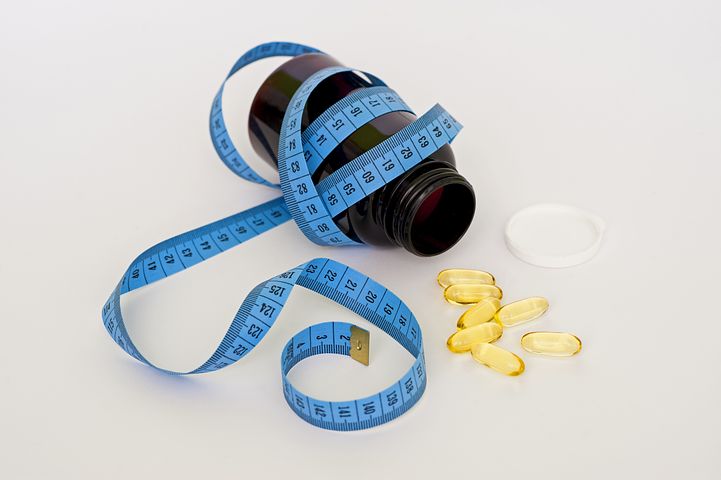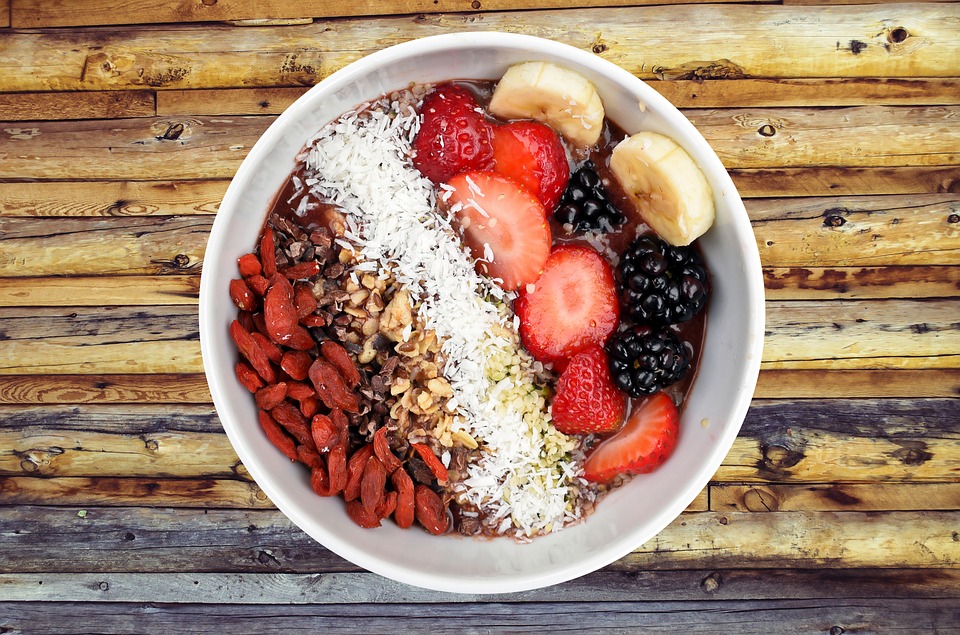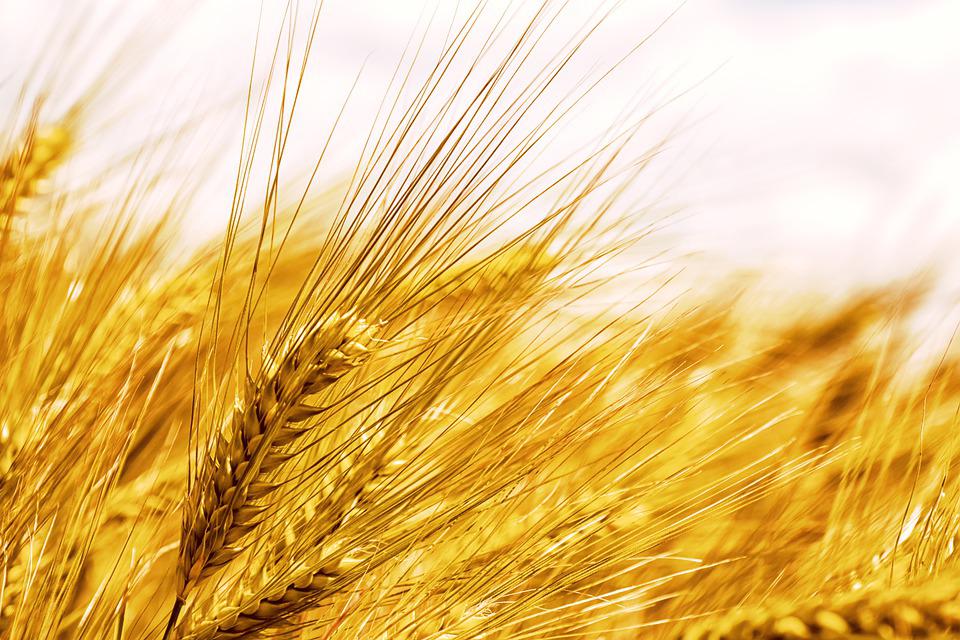
The following text discusses some of the common reasons people have trouble losing weight, and provides solutions for each problem.
- Your gut health is interfering
New research shows that the microbiome may be important for weight and health. A review of studies found that people who took probiotics or prebiotics (which encourage the growth of good bacteria) had a lower BMI and less fat than those who didn’t.
According to Kirby Walter, RD, you can improve your gut health by increasing the amount of prebiotics in your diet. Prebiotics are the fiber that feeds the good bacteria in your gut, and without enough of them, the good bacteria can’t compete with the bad bacteria. To increase prebiotics in your diet, focus on eating more fruits and vegetables. Eat a variety of different kinds to give your gut a range of prebiotics to keep it healthy.
- Genetics aren’t working in your favor
Though it may be difficult, it is not impossible to achieve the body type you desire through diet. Jason R. Karp, PhD, author of Lose It Forever, cites research on Swedish twins which suggests that genetics play a large role in weight, accounting for 70 percent of the variation.
There is a theory of a set-point weight range, which is the range that your body is essentially happy at. If you try to reduce your weight too far below your set point, your brain will respond to weight loss and push your weight back up to what it considers normal.
If you don’t want to gain the weight back after losing it, you’ll need to continue eating fewer calories, slowly dropping no more than 10 percent of your body weight every six months.
Despite what you may have been led to believe, your weight is not entirely within your control.Instead of beating yourself up for not being a certain weight, focus on making healthy habits that make you feel good. There is evidence that this weight-inclusive approach leads to better health outcomes than an approach focused only on being in a smaller body. You may need help from a “health at every size” dietitian to make this shift.
- You’re getting older — and losing muscle
So it’s key to eat foods that help maintain muscle. As women age and their estrogen levels drop, they lose muscle mass. This decrease in muscle mass causes women to burn fewer calories than when they were younger. Therefore, it is important for women to eat foods that help maintain muscle mass as they age.
Post-menopausal women are more likely to gain body fat and need fewer calories as they ages,” says the article. What’s more, natural changes in fat tissue that come with aging can also prompt the body to gain weight.
Although aging typically lead to people gaining weight, there are things that can be done to prevent this. Karp recommended making nutrient-rich foods a part of your diet and limiting processed foods and high-sugar foods. Gorin suggests adding resistance training to your weekly routine to help rebuild lost muscle.
- Your medicine cabinet is to blame
Some medications can make it difficult to lose weight or may cause weight gain. According to the University of Rochester Medical Center in New York, these medications include insulin to treat diabetes, certain antipsychotics or antidepressants, some epilepsy therapies, steroids, and blood-pressure-lowering meds like beta-blockers. These medications may interfere with weight loss because they can alter metabolism, appetite, cause water retention, or make you feel tired and less active.
If you have unintentionally gained weight, speak to your doctor about it. Do not discontinue your medication just because you have put on weight, as advised by the University of Rochester Medical Center. In some cases, your doctor may be able to switch you to a different medication or adjust your dose. If this is not possible, consult with a registered dietitian who can advise you on healthy dietary choices.
- You’re engaging in too much mindless eating
It’s not just mindless. It’s automatic Most people who are overweight got that way from mindlessly eating while doing other things. This could be eating while watching TV, driving, or cooking. It could also be from eating popcorn at the movies or beer and wings during a game. This type of eating is so mindless that it feels like something you just do without thinking about it.
Try to be more aware of what you’re eating and when you’re eating it. This means sitting down to eat with others, and taking the time to appreciate the food you’re eating, instead of just wolfing it down. Just because the food you’re eating is healthy doesn’t mean you can afford to be careless about it.
- You’re eating too many “pleasure foods”
Paul Jaminet often uses phrases that are easy to remember, like “safe starch” and “pleasure foods”. The latter refers to foods that are high in calories but also offer some health benefits, like nuts, dark chocolate, and raw honey. While it may be hard to believe that these foods can be good for you, there is evidence to support the claim. For example, nuts are a good source of nutrients like magnesium, vitamin E, and selenium, and multiple studies suggest that they can help with weight loss. Similarly, dark chocolate is rich in polyphenols, which are known to offer some health benefits, and honey has been shown to be a better sweetener than other options like maple syrup and sugar.
If you want to lose weight, you should moderate your intake of these foods.
- You’re eating too little
When someone significantly lowers the amount of calories they consume as part of a weight loss plan, over time their body will adjust by burning fewer calories. This is because the body is not a static entity, but rather one that adapts to changes in its environment. So, although reducing calorie intake will initially result in weight loss, eventually this method will no longer be effective.
Instead of always eating less, try eating less some days and more others. You might also try periodic refeeds, which could help restart weight loss that has stalled.
- You’re too focused on diet to the exclusion of all else
When you realize the wool that’s been pulled over the collective eyes of society regarding nutrition, you may become obsessed with your newfound knowledge. You may stay up late, night in, night out, perusing nutrition blogs, reading comment sections, and devouring PubMed articles. You’ll hear about some arcane but totally essential nutrient and think that it’s the Answer.
Diet is the primary factor in determining body composition, but there is more to life than worrying about what you eat. It may seem counterintuitive, but you may have more success by enjoying life, getting some exercise, and spending time with good people, instead of micromanaging your nutrient intake. Relax.
- You’re getting too much exercise
Although regular exercise is necessary for a healthy lifestyle, too much exercise can be harmful. Exercising effectively is stressful, and can cause chronic stress which leads to problems such as a slower metabolism and weight gain.
If you find that your weight loss has stalled, try to limit yourself to 4,000 calories a week.
- Your macronutrients and training are mismatched
-A low-carb diet is usually the most effective way to lose body fat, but some people who are very active may need more carbs in their diet. – Activities that use up a lot of glycogen may require more carbs in someone’s diet.
If you are working out hard every day and playing in a basketball league on the weekends, and doing jiujitsu twice a week, you’ll need to replenish your glycogen stores more often or else risk that chronically-stressed state that stops weight loss.
- Your eating schedule is too disordered
Primal eaters who follow a regular eating schedule tend to have a better metabolic response to meals, according to several studies. This is especially true for women. In one study of lean women, those who ate meals on a regular schedule had better insulin sensitivity and improved blood lipids. And in another study of healthy obese women, regular mealtimes increased postprandial thermogenesis, insulin sensitivity, and blood lipids.

